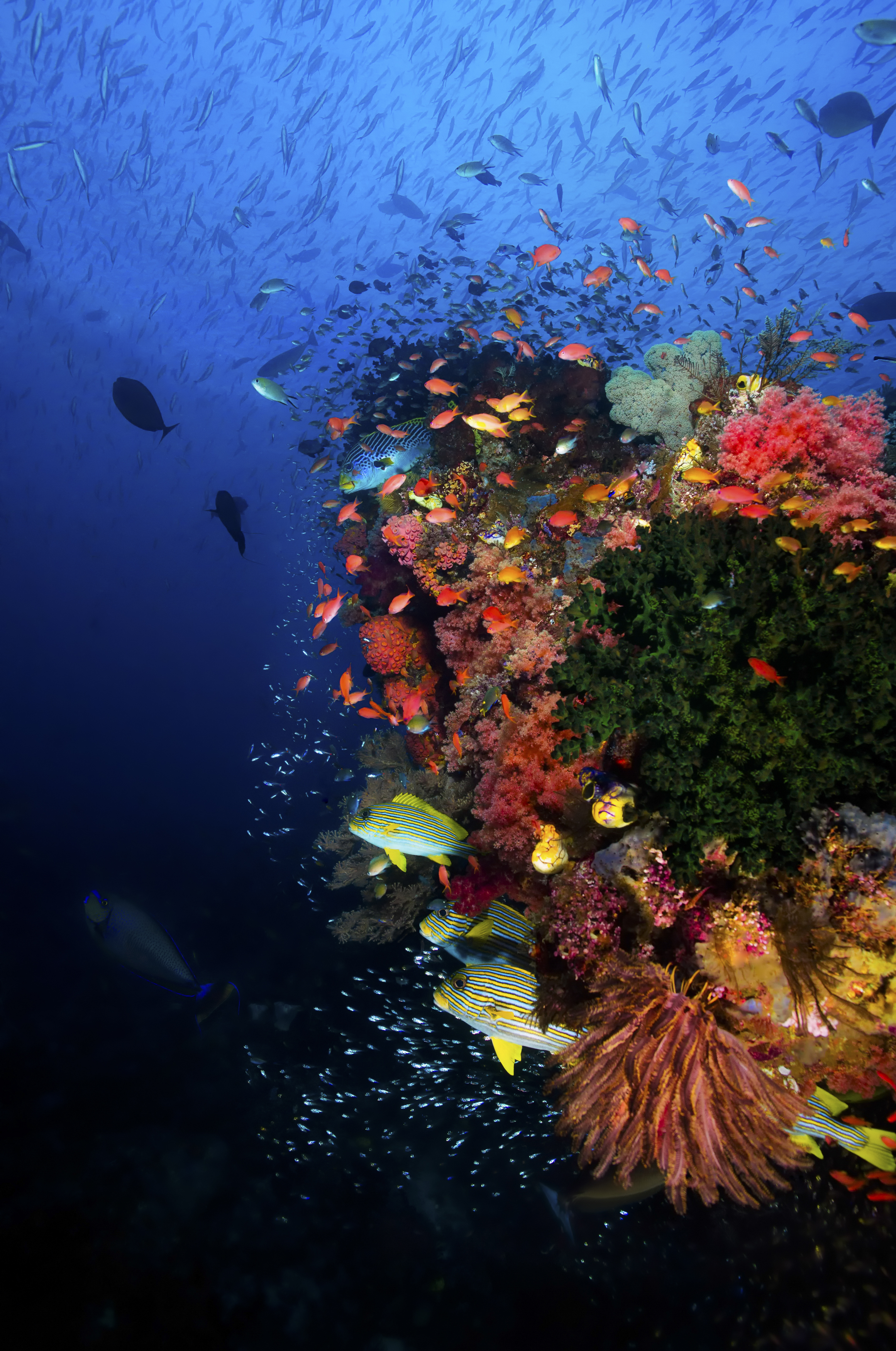Microbiological Hazards
A variety of different pathogenic bacteria and viruses can accumulate in shellfish and other seafoods causing human disease. Worldwide, seafood is responsible for an important proportion of food-borne illnesses and associated outbreaks. Both anthropogenic and naturally occurring microbiological contamination may present a range of public health risks to the bivalve shellfish consumer. Well-known human-associated hazards include enteric viruses (e.g. norovirus and hepatitis A virus) and bacteria (e.g. Salmonella) present in faecal pollution, while emerging hazards such as hepatitis E virus and antimicrobial resistant bacteria, may also require consideration when designing seafood programmes. Naturally occurring hazards such as marine vibrios (e.g. Vibrio vulnificus and V. parahaemolyticus) can have very significant human health implications and may also need to be controlled in the production areas or in products placed on the market.
Enteric viruses:
Globally, viruses (esp. norovirus and hepatitis A virus) are recognised as the principle cause of illness following shellfish consumption. Numerous outbreaks of norovirus from shellfish are reported in the UK annually. Viruses such as norovirus and hepatitis A are released into the environment from a variety of sources, but principally from sewage discharges such as combined sewer overflows (CSOs). Internationally, Cefas has led method development endeavours such as the publication of the first standard method for viruses in food (ISO 15216-1). We have also pioneered the use of these methods to underpin robust risk assessment efforts regarding the presence of viruses in bivalve shellfish, and which has helped form international standards regarding future legislative controls regarding these important foodborne pathogens. Cefas provides expert advice to governmental and industry bodies regarding these pathogens, in particular in relation to bivalve shellfish.
Pathogenic vibrios:
Vibrios are one of the leading groups of human pathogens responsible for shellfish and waterborne-associated illness. These pathogenic bacteria are especially sensitive to climate change – they tend to grow in warm, low salinity waters, and outbreaks are now being observed in temperate areas such as North West Europe and the coastline of North East USA and Canada. Cefas are a world-leader in this area of work. We lead efforts with regards to method standardisation, testing, risk assessment, governmental and industry advice and scientific outputs regarding these important and emerging pathogens.
For more information on how our science can assist you please contact the Centre lead for this area Craig Baker-Austin.

